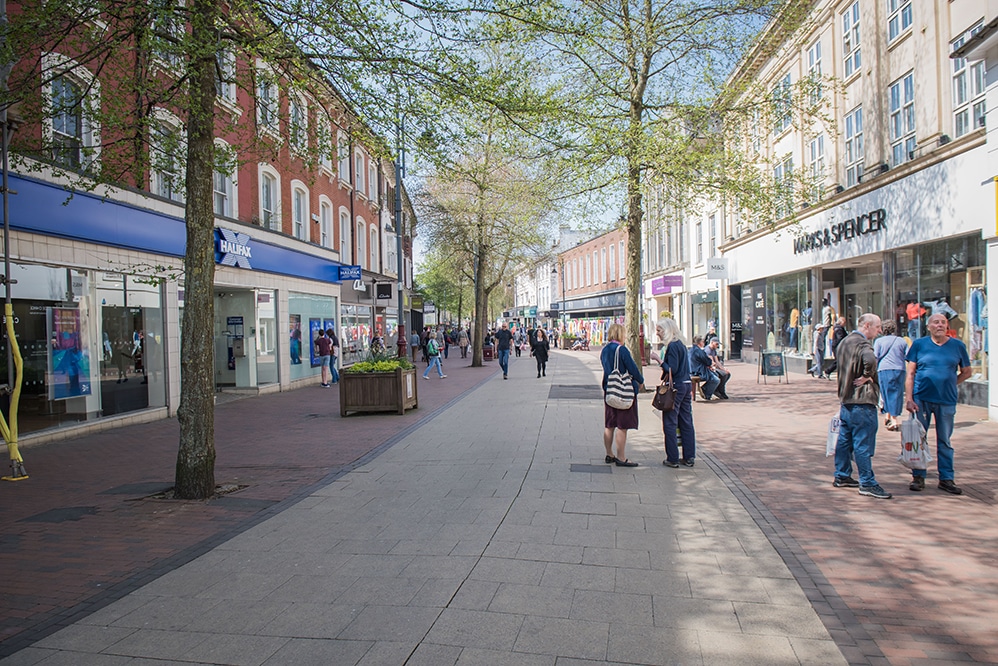In the borough around £1.5million is lost on average each year due to empty business properties.
When businesses close down or move elsewhere, a Government backed relief scheme means owners do not have to pay any rates on the empty property for three months.
In Tunbridge Wells, this means around 2.3 per cent of the £56million total potential business rate income collected by the Council is lost each year.
The Council only gets to keep around 4 per cent of the money it collects in the tax, although it is permitted to keep 50 per cent of any growth in business rates – currently worth an additional 1 per cent – which the authority says is ‘vital’ for them to be able to invest in assets.
It is a similar picture in Tonbridge, where the amount of business rates lost to empty premises is around £2.8million a year, or 4.5 per cent of the expected £60million that should be collected.
But the figures from the BBC show that the two town Kent towns are faring much better than many others when it comes to lost income from closed businesses.
In Croydon, the Council missed out on nearly £10million last year alone, or 6 per cent of the £150million it should have collected.
Nationally, around £1billion is lost to local authorities out of the £25billion they received for providing local services, which has sparked calls for central Government, who set the tax, to begin ‘vital reforms’.
Richard Watts, who chairs the Local Government Association’s Resources Board, said business rates were ‘an extremely importantsource of income’ for local authorities’.
“The Government must commit to moving forward with vital reforms, which include addressing business rates avoidance and the impact of reliefs, such as empty premises relief,” he said.
Businesses have also called for urgent reforms with the tax blamed for a number of closures in recent years.
Cllr Tom Dawlings, the Cabinet member for Finance at the Council said: “Creating a good economic climate and attracting new business is the best means of helping the local authority’s financial position.”








